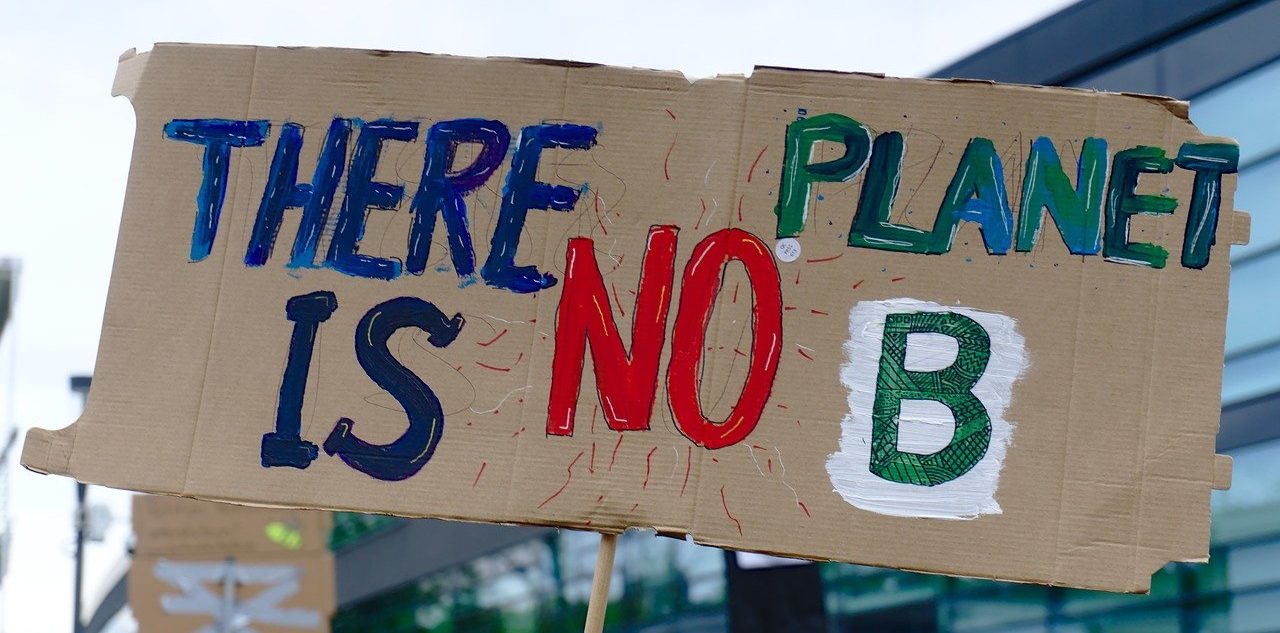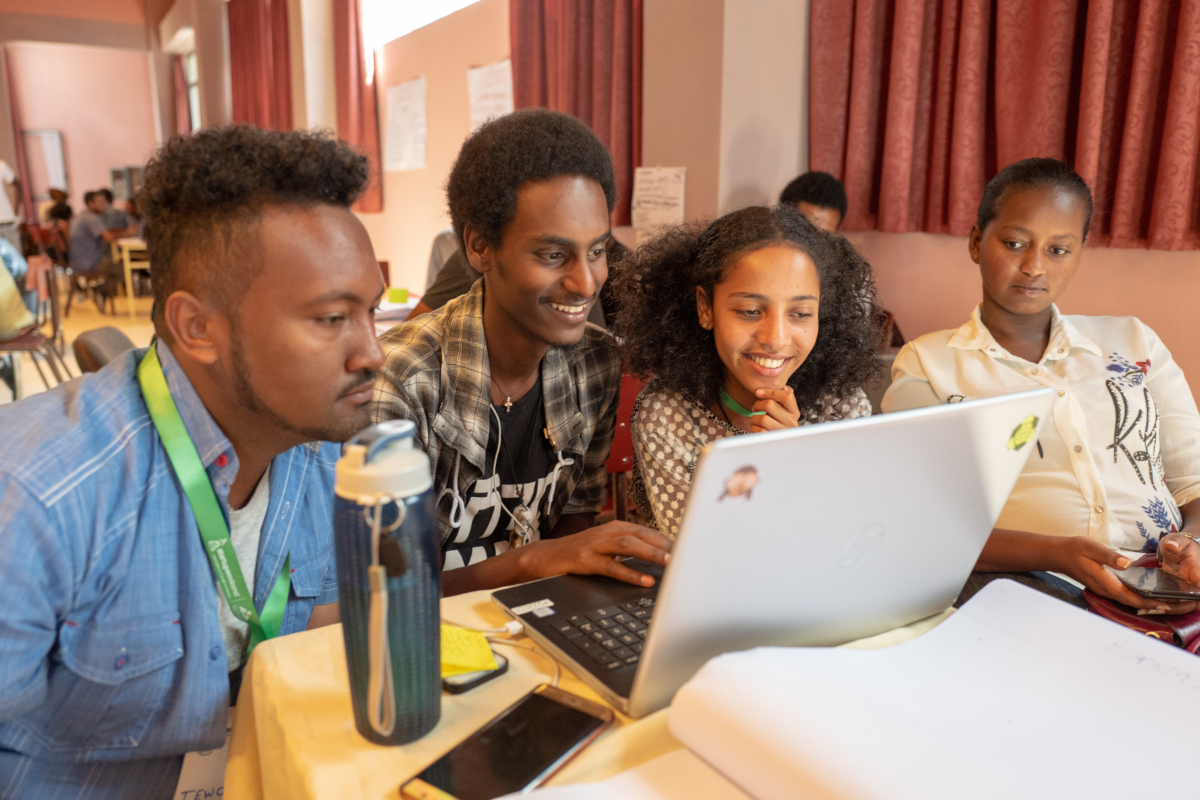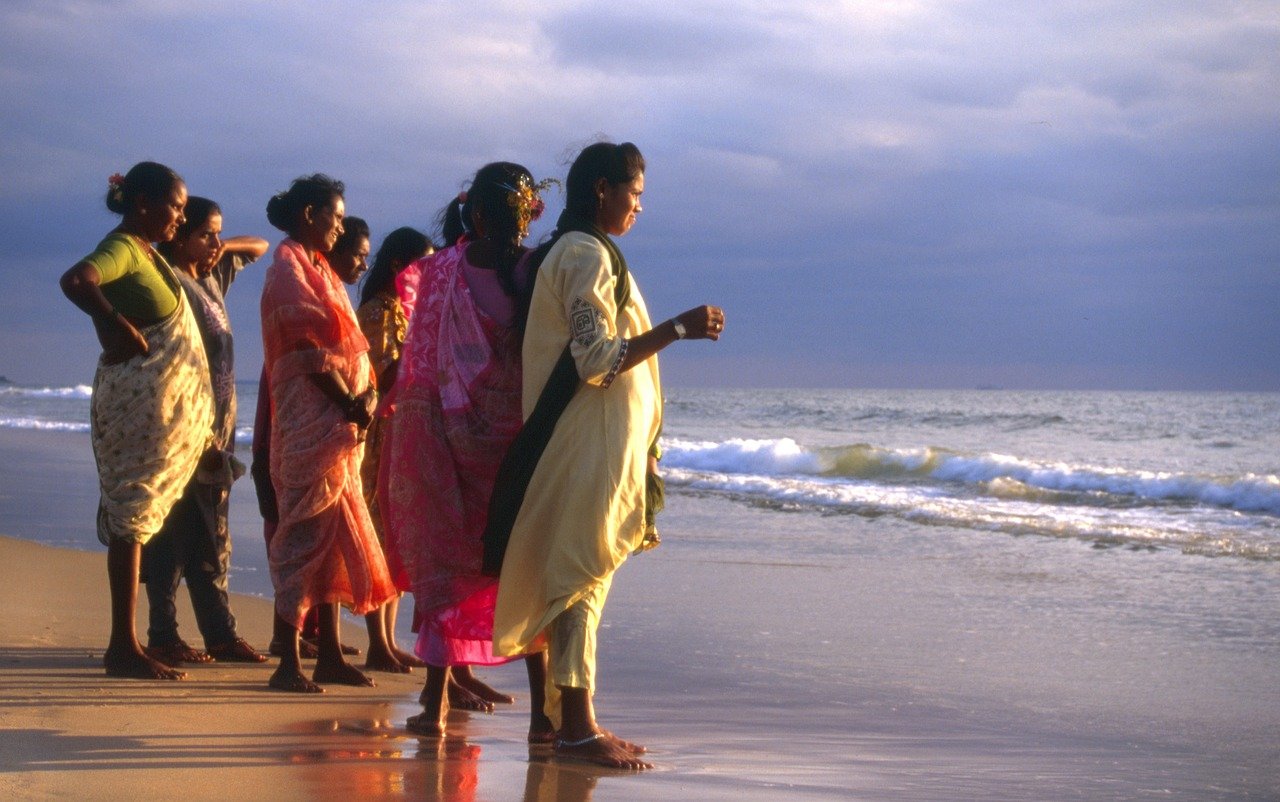By Nikita Rakhyani and Niharika Kaul:

Image by NiklasPntk from Pixabay
Climate change has become the centre point of discussion, especially among young people due to its massive impact on their health, employment, housing and most importantly their existence. The Covid-19 pandemic has reminded humanity about the significance of immediate interventions for climate adaptation. Although the pandemic brought about destruction in everyday practices, it provided platforms for young people, even those from underserved communities to voice their claims and share their experiences. One such platform was Gobeshona, which recently took place virtually from January 18 to 24, 2021. It provided a knowledge-sharing space for young individuals and groups globally to share their concerns.
The youth population comprises 16% of the global population and is expected to rise by 7% to 1.3 billion by 2030. The Climate Crisis will severely affect the future of this demography. It is more important than ever that young people are claiming their space to influence decisions on climate policies and actions. Young people are leading their communities to secure their future. Despite being excluded from the decision- making processes at multiple levels, they are voicing their concerns and exploring resilient climate solutions. Moreover, young people from different ethnic, cultural and socio-economic backgrounds are asserting their voice as distinct sections of the youth population, having different sets of concerns.

For representation only. Photo by Jürg Stuker/Flickr
.
Indian communities have faced the brunt of severe environmental disasters. In 1984, the Bhopal Gas Tragedy occupied PRIA’s consciousness. Air pollution and damage from pesticide use was another worry. During the course of its work on occupational health, PRIA’s interactions with kiln factory workers suffering from silicosis showed that health is inextricably linked to environment. In 2016, PRIA began training Bhubhaneshwar-based organisations in creating Online Learning Systems with a special attention on climate change. With the support of Syd Forum (Sweden), PRIA enabled local people to create Community Action Plans.
In 2021, with Gobeshona, youth are at the centre of these actions. And just like the communities PRIA has previously worked with, it is noted that visibility is essential! Amongst the aforementioned diverse set of young people, there are certain sections which don’t get equal recognition and representation, both at their community and institutional levels. These excluded voices possess knowledge which must be equally valued during deliberations. At Gobeshona PRIA hosted a session with youth leaders on locally-led climate adaptation strategies. Lalita Prasida Sripada Srisai (Orissa, India) an undergraduate student studying agriculture, spoke about the successes of her locally-produced, low cost and eco-friendly method of purifying waste-water using corn cobs. Lalita understood the local practices of her community and came up with a scientific solution which was cost-effective and simple to replicate. Lalita received immense community and institutional support to build the project. She learnt various components of building her product from her community by observing agricultural practices. Her initiative was also supported by corporates like Google and Scientific American Magazine. This example links to the idea about cooperation and involvement of community members with other concerned stakeholders. To meaningfully implement climate adaptation solutions and strategies, we must have ‘Glocal’ (Global and Local) partnerships between diverse stakeholders. Building neighbourhood-level capacities for climate adaptation is also equally important.
Homegrown solutions are gaining momentum for addressing global challenges. These actions have proven to be better informed as they ignite agency of community members. Locally-led actions are most effective because they depend on locally-harboured knowledge and capacities of community members. Effective implementation of any policy, action or research is contingent on the affected communities’ specific socio-cultural and economic practices. How the strategies are produced, in what form, as well as how they are disseminated at the grassroots level is critical. For example, PRIA Youth Fellow Sameer, (Uttar Pradesh, India) a post-graduate student of social work understood the behavioural practices of his peers and teachers and designed a social media campaign providing sustainable solutions of living. This initiative can be made interoperable by disseminating it in regional languages. Similarly Phyo, (Yangon, Myanmar) Community Architect working with STEPS, a grassroots organization, during the Gobeshona global conference emphasized the need for co-researching with the community on the issue of Heat Mitigation. In this regard, youth leaders and representatives from across the world presented a manifesto informing climate adaptation policies, actions, and research at the Gobeshona Global Conference on January 20, 2020. Through the manifesto, they claimed for opportunities to participate in decision making processes concerning climate change. They shared the need for mainstreaming climate adaptation in education and for making scientific research more accessible. The manifesto focussed on multi-stakeholder partnerships and including vulnerable communities for resilient climate solutions.

Image by Alan Bedding from Pixabay
As per Goal 13 of the United Nations’ Sustainable Development Goals, governments, corporates, and civil society alike must commit to urgent action to combat climate change and its impacts. This is the occasion young people are rising to. The youth leaders that PRIA has had several rounds of discussion with are determined to carry forward these and other issues raised in their Manifesto. Their hope? To ignite and amplify their voices towards better climate policies.
PRIA’s MobiliseHER team traveled to Bangalore during the week of June, 10 – 14, 2024. The aim of the visit was to gain relevant insights into the civil society ecosystem in Bangalore and meet different organisations to understand the city through a lens of gender and inclusive mobility.
Working at PRIA, often leads us to various cities across the country. Each trip is an opportunity to witness firsthand the challenges and triumphs of different communities.
Mr. Yedukrishnan V has recently joined PRIA after gaining valuable experience in the development sector. Drawing from his journey in the social sector and personal encounters in Kerala, he emphasises the importance of participatory governance and research in empowering marginalised communities.'